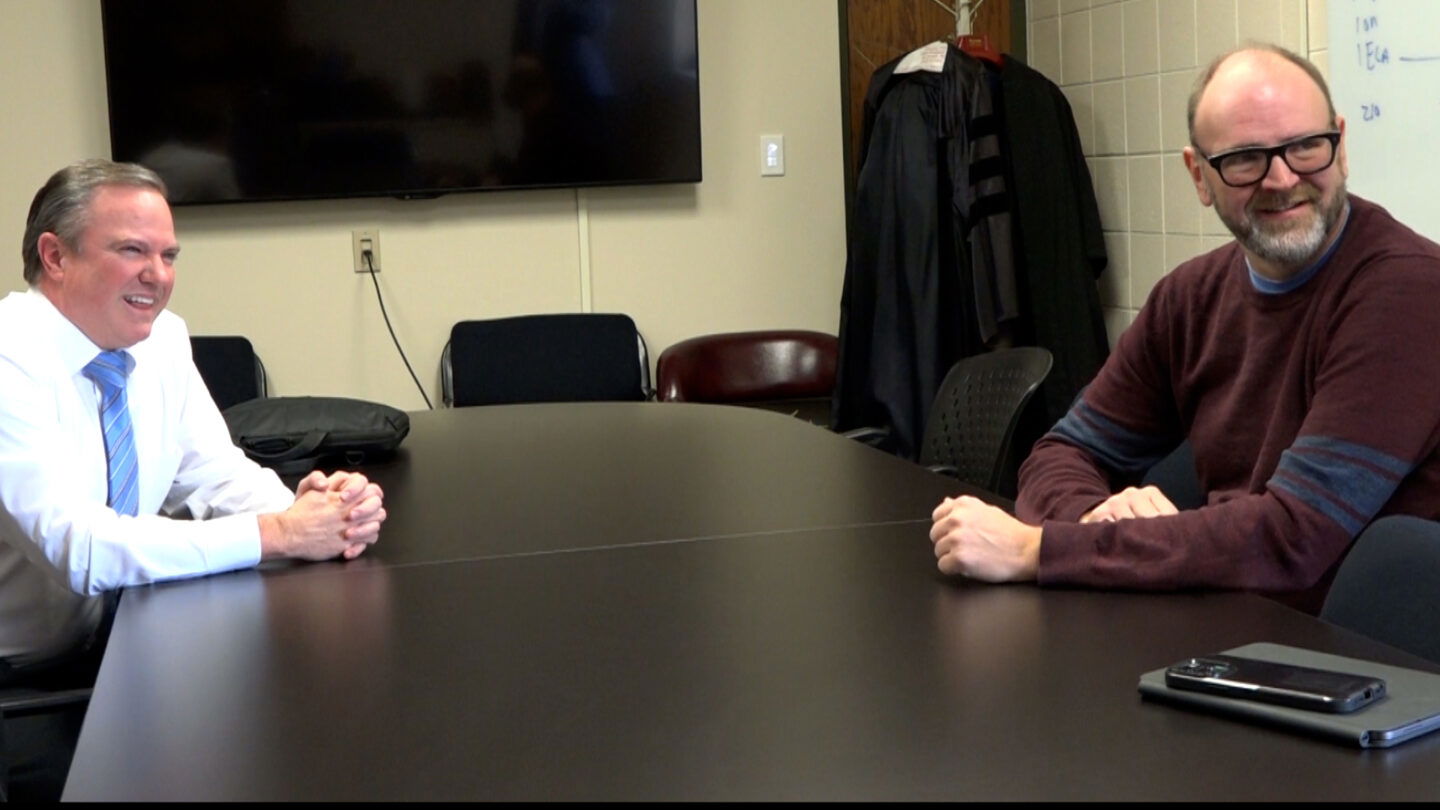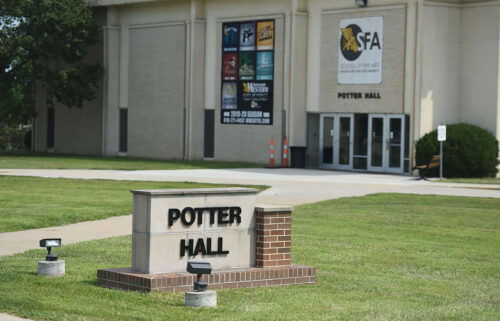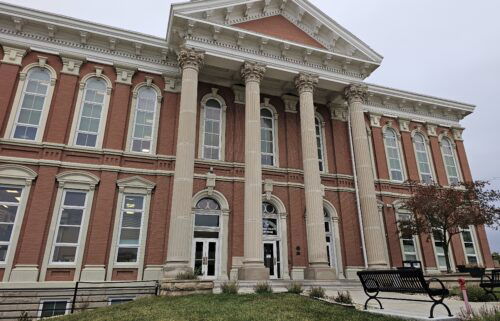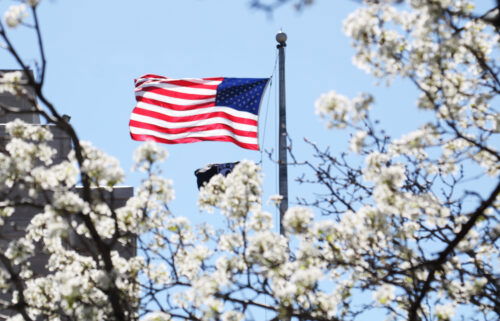Tenure process not well understood by most

By Charles Christian
The recent resignation under pressure of Harvard University’s president raises questions about her path to tenure and what the process entails.
Claudine Gay remains a tenured member of the college’s faculty following her departure as president amid controversy on Harvard’s campus regarding the treatment of Jewish students and concerns about plagiarism charges. This has left many asking about the relevance and permanence of one of the most misunderstood aspects of the academic world.
“A pretty common misperception is tenure is a lifetime guarantee of work, period,” said Edwin Taylor, a tenured professor of political science at Missouri Western State University. “That is absolutely not true.”
The main goal of tenure, Taylor said, is to try to establish academic freedom protections for faculty members.
Most newly hired full-time professors start their careers with tenure in mind. The process usually takes about six years, involves periodic reviews and culminates in a meeting with the faculty member, the member’s department chair and dean and other university officials. The tenure assessment is where the faculty member provides an overview of what he or she has accomplished in research, in the classroom and as part of the university community.
“If a professor is doing something that violates the law or campus policies, including inappropriate behavior with a student, that is grounds for being discharged, regardless of having tenure,” he said.
He also noted that virtually every university, including Missouri Western, is not always able to protect the job of a tenured faculty member when there is a financial crisis, like the retrenchment that the St. Joseph university experienced a few years ago.
“Tenure didn’t protect faculty members who were retrenched through financial exigency,” Taylor said.
Joel Hyer, dean of the College of Liberal Arts at Missouri Western, said tenure is how universities express faith and confidence in a faculty member and how he or she represents the values of the university.
“Faculty here are evaluated on an annual basis,” Hyer said. “They are told the things they are doing well, and they are able to reflect on things they can approve upon.”
According to Hyer, this keeps the actual tenure evaluation from being a “gotcha” moment for the professor. Instead, it is a journey filled with consistent feedback from department leaders, colleagues and even students along the way.
“If they are not suited to be teachers, or if they are not a good fit for the university, they will know well before the tenure evaluation,” Taylor said.
Hyer added that tenure is truly a collaborative process.
“It doesn’t just involve the faculty member’s work alone,” Hyer said. “There are several layers to the process, as well, from the department chair to the dean to the provost and it includes the president.”
Students also play a role in the process.
“As a department chair, I sit down with a tenure candidate and six years of student evaluations, along with the other material in his or her portfolio,” Taylor said.
The main contribution of student critiques is to try and define a pattern over time and to see if improvement in early critiques or habits is noted.
Even tenured professors get annual evaluations.
“The question in these reviews, even for tenured faculty, becomes, ‘Am I doing what I hope I’m doing?’” Hyer said.
Ultimately, the granting of tenure allows professors who have built trust within their universities to continue their writing, research and teaching without fear of censorship or political reprisals.
Both Hyer and Taylor noted that academic freedom and creating an environment of the free exchange of ideas for students and faculty is a key aspect of the tenure process. The evaluation process helps ensure that this is happening with the highest ideals in mind for both the faculty members and the students.
While the implications associated with tenure are similar in private colleges and universities, there are key differences. Some religious universities may add certain doctrinal requirements that would apply across the board to faculty, including those who are tenured. A violation of these doctrinal standards in or out of the classroom could result in the termination of a professor, regardless of tenure status.
Overall, the hope for both Hyer and Taylor is that yearly evaluations leading up to and after tenure benefit both the faculty member and the students. “Every faculty member at this university is here because we love what we do,” Taylor said. “And what we do is work with these students.” The tenure process plays a role in this work. “The tenure process really does drive us to be the best type of faculty that we can have to deliver great education to our students,” Taylor said.




